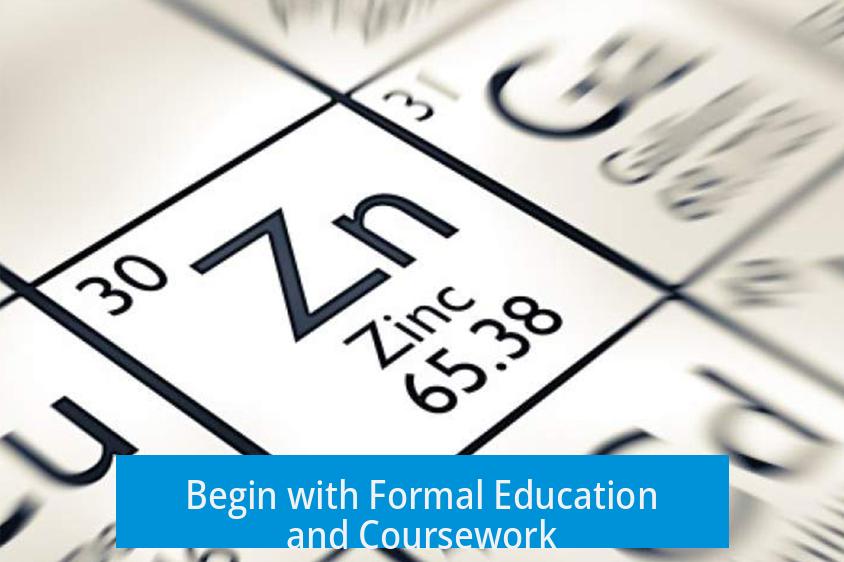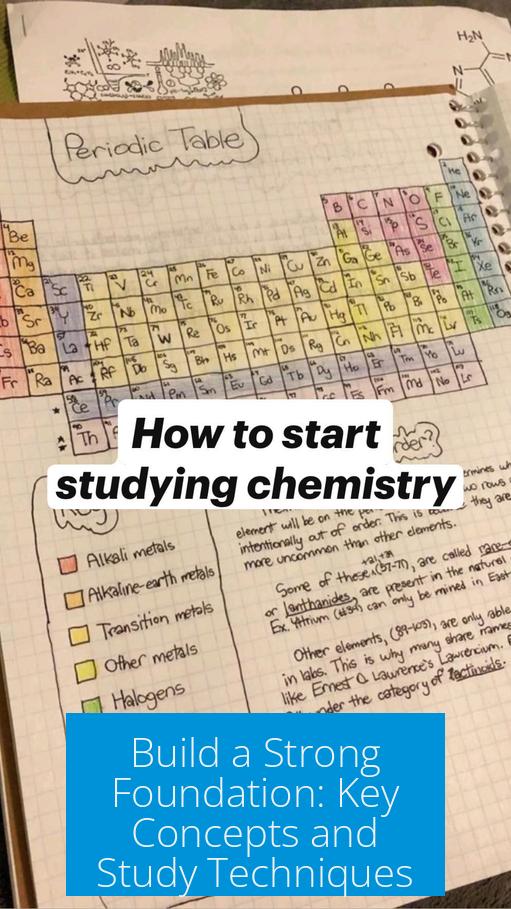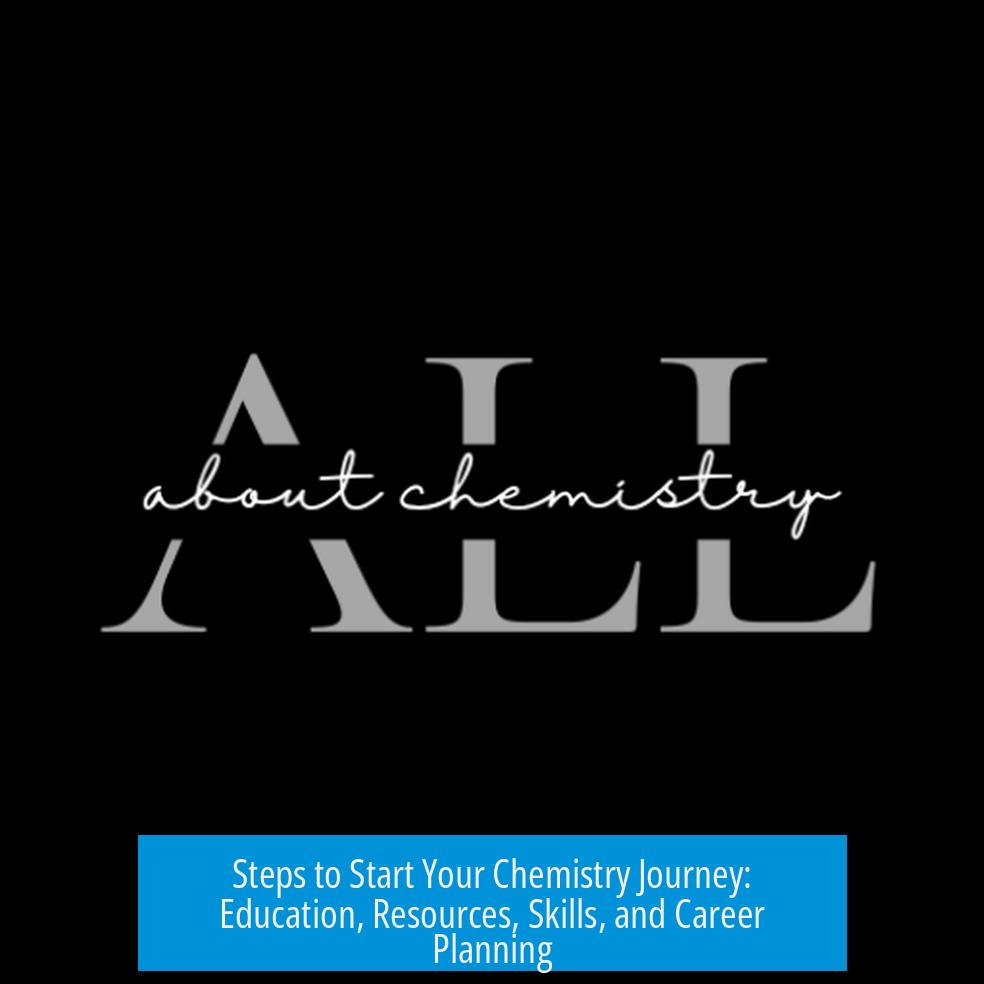Want to Start with Chemistry: A Comprehensive Guide
Starting with chemistry means building a solid foundation through coursework, self-study, practical experience, and focusing on your interests while planning your education and career path. Chemistry opens up diverse scientific and industrial opportunities. This guide clarifies crucial steps and strategies to embark on this learning journey effectively.
Begin with Formal Education and Coursework

For most beginners, the best way to start is through formal education. High school offers foundational courses, especially if Advanced Placement (AP) Chemistry is available. AP courses provide a rigorous introduction that prepares students for college-level work.
- Enroll in your school’s chemistry classes and actively participate.
- Engage deeply by doing all the end-of-chapter problems in your textbook, not just the required ones.
- Seek AP or advanced courses to challenge yourself and advance faster.
- Plan to major in chemistry or related fields once you reach university.
Solving problems at the back of textbook chapters reinforces fundamental concepts and enhances problem-solving skills. Students who push beyond the minimum assignments develop a stronger grasp of chemical principles.
Explore Self-Learning Resources and Alternatives
Not everyone has immediate access to school chemistry classes. Online resources fill this gap effectively. Free courses, video lessons, and illustrated guides make chemistry accessible anywhere.
- CMU’s Free General Chemistry 1 Course offers structured lessons at no cost.
- Khan Academy provides comprehensive chemistry videos and exercises that match a linear curriculum.
- YouTube channels like Crash Course Chemistry and Bill Nye’s Scientific series explain concepts in memorable ways.
- Documentaries such as The Mystery of Matter present chemistry’s history and applications.
- Books like Illustrated Guide to Home Chemical Experiments offer approachable lab work ideas for beginners.
Video tutorials and online courses help visualize concepts and complement textbook learning. They enable learners to study at their own pace and revisit difficult topics.
Build a Strong Foundation: Key Concepts and Study Techniques

Foundational knowledge is critical. Begin with atomic structure, chemical bonding, and molecular geometry. These topics underpin all branches of chemistry.
- Create or use flashcards to memorize elements, focusing on atomic number, mass, and group characteristics.
- Understand how atoms bond to form molecules and how reactions occur.
- Study periodic trends such as electronegativity and atomic radius.
- Develop the habit of working through many practice problems to achieve mastery.
Consistency and curiosity are key. Repetition may lead to boredom, but that is essential for cementing knowledge. Treat questions that challenge you as opportunities to deepen your skills.
Specialize Intelligently: Choose Your Chemistry Niche
Chemistry covers various disciplines. Early on, experiment to find what intrigues you—organic, inorganic, analytical, environmental, or physical chemistry.
Start with general chemistry before diving into specialized topics. For example, organic chemistry emphasizes carbon-based molecules, so focus on relevant elements and functional groups.
- Obtain textbooks aligned with your interests, such as Organic Chemistry by Klein for organic chemistry.
- Follow YouTube content creators like Nile Red who demonstrate practical chemistry applications.
- Adjust your study focus to elements and concepts most pertinent to your specific field.
Finding your niche early guides your learning and helps tailor your studies towards practical expertise and career goals.
Gain Laboratory Experience and Practical Skills
Hands-on lab experience is indispensable in chemistry. However, safety is paramount. Never attempt unsupervised experiments, especially those involving hazardous chemicals or equipment.
- Participate in school or university labs to practice techniques and understand experimental design.
- Volunteer in research labs or seek internships after building fundamental knowledge.
- Use beginner chemistry sets designed for safe home experiments when practical lab access is limited.
- Learn to use analytical instruments gradually under guidance.
- Always apply proper personal protective equipment (PPE) and follow safety protocols.
Laboratory work integrates theory with practice. It enhances understanding and prepares students for real-world chemical challenges.
Plan Your Chemistry Education and Career Path
Chemistry career trajectories often require advanced degrees. Many research and high-salary roles ask for a PhD.
- Early engagement in undergraduate research improves knowledge and job prospects.
- Consider chemical engineering as a pragmatic alternative if graduate study is not an option.
- Graduate programs enable specialization in fields like organic synthesis, nanotechnology, or pharmaceutical chemistry.
Mapping out your structure of study and anticipating future goals help maintain motivation and focus.
General Advice and Motivation
Curiosity fuels learning. A genuine desire to understand chemistry drives progress faster than rote memorization.
- Stay consistent and persevere through challenging topics.
- Keep exploring multiple resources for a broad and deep understanding.
- Engage with peers and educators for support and collaboration.
- Celebrate small victories to maintain enthusiasm.
Effective chemistry learning blends structured study, hands-on practice, and an inquisitive mindset.
Key Takeaways
- Start with formal education and complete all coursework thoroughly.
- Use free online courses and videos to supplement learning.
- Master fundamentals like atomic structure and bonding by active practice.
- Find a specialty and focus study efforts accordingly.
- Gain supervised laboratory experience for practical understanding.
- Advance academically if pursuing a professional chemistry career.
- Maintain curiosity and persistence to overcome obstacles.





Leave a Comment